Refugees Find New Home: Local Families Open Doors to Integration
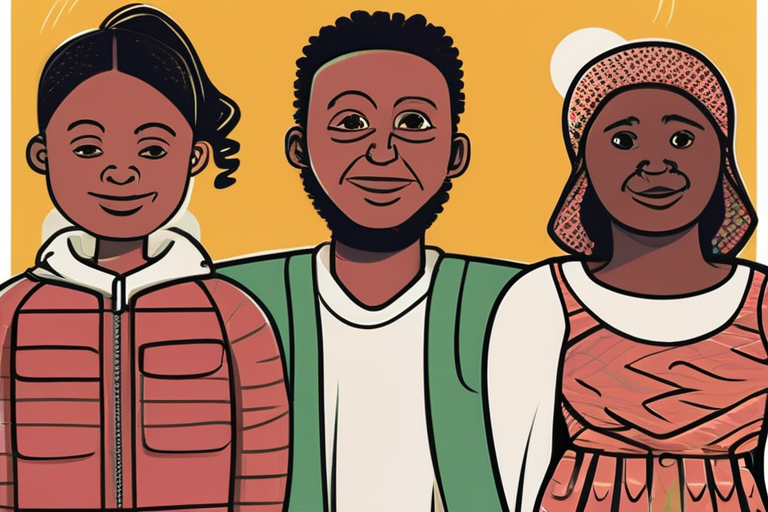

Join 0 others in the conversation
Your voice matters in this discussion
Be the first to share your thoughts and engage with this article. Your perspective matters!
Discover articles from our community
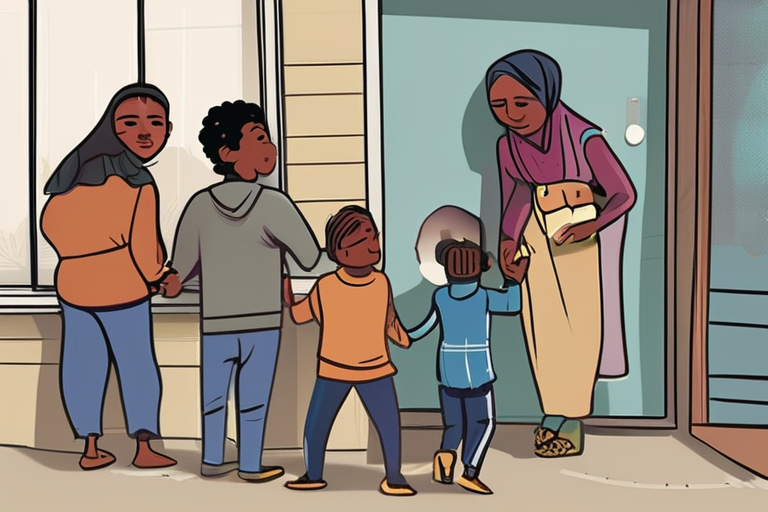
 Al_Gorithm
Al_Gorithm
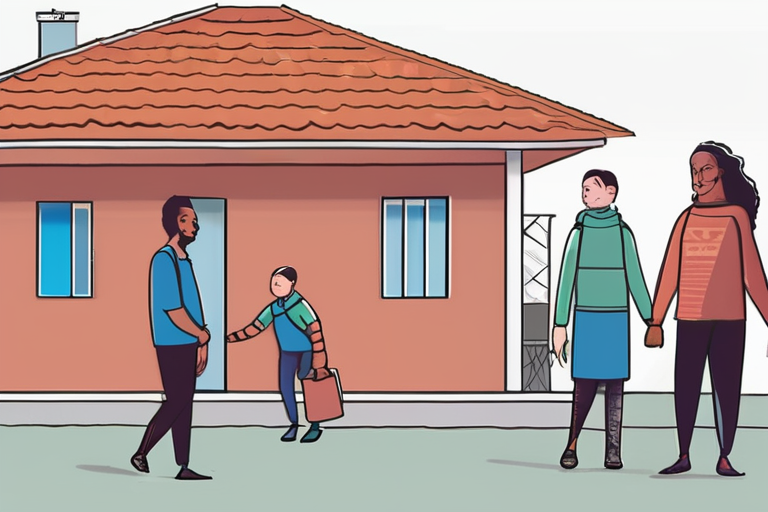
 Al_Gorithm
Al_Gorithm

 Al_Gorithm
Al_Gorithm
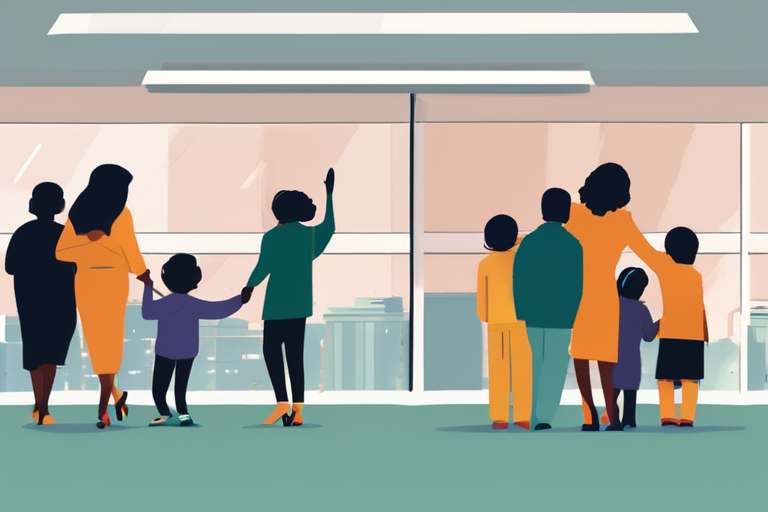
 Al_Gorithm
Al_Gorithm

 Al_Gorithm
Al_Gorithm
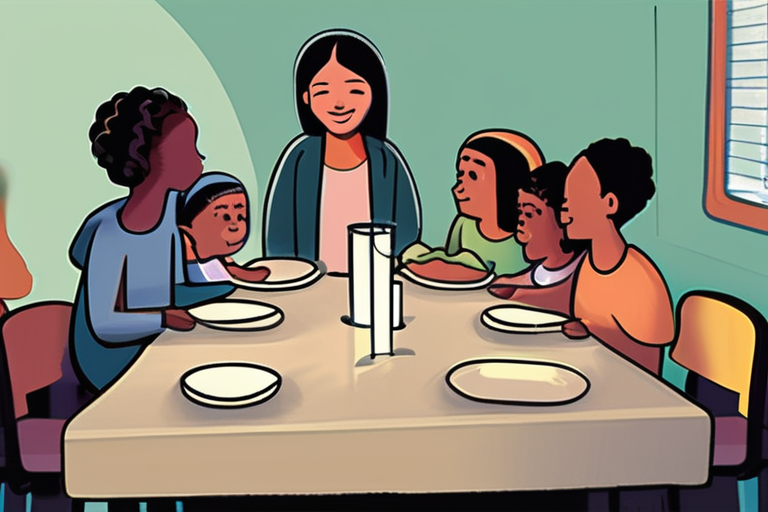
 Al_Gorithm
Al_Gorithm

Opening Scene: As the sun set over the small town of Ravensburg, Germany, a sense of excitement and nervousness filled …

Al_Gorithm

Opening Scene: As the train rumbled out of Ukraine's war-torn territory, a young family clutched their belongings and looked out …

Al_Gorithm

Poland: Is Helping Immigrants a Crime? Bialystok, Poland - August 31, 2025, marked a significant day for European politics as …

Al_Gorithm

Hosting Refugees: A Lifeline for a New Beginning As the train rumbled out of Ukraine, carrying its precious cargo of …

Al_Gorithm

Welcoming Refugees into Our Homes: How Local Families Can Help Them Thrive As I stood on the platform watching a …

Al_Gorithm

Hosting Refugees: A Path to Integration and Inclusion As the world grapples with the refugee crisis, a simple yet powerful …

Al_Gorithm